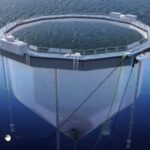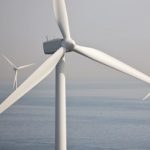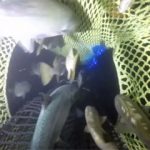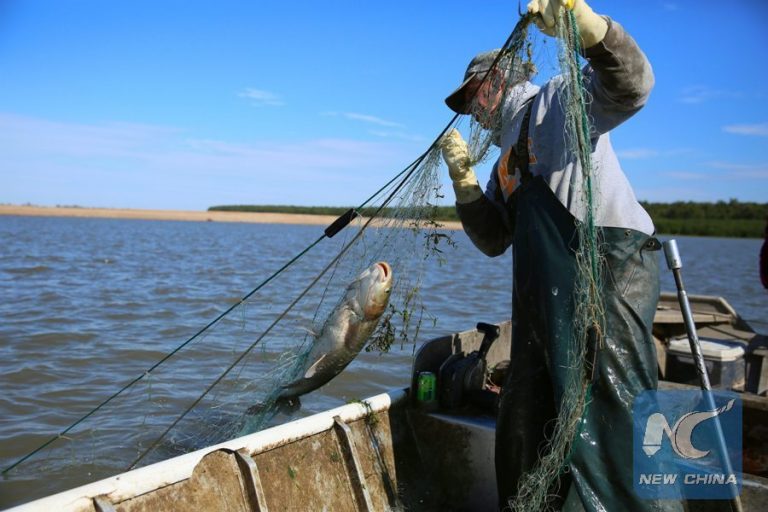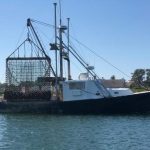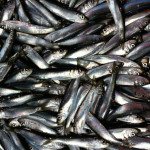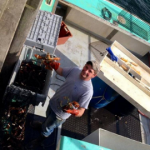Tag Archives: Business Alliance for Protecting the Atlantic Coast
Time is running out to protect the Atlantic coast
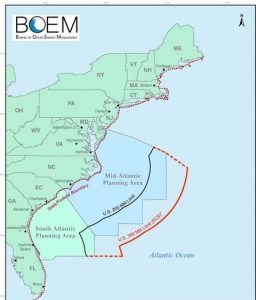 President Trump has proclaimed that his administration is seeking “American energy dominance.” The reality is we’re already there. The United States produces more natural gas and oil than any other nation. We do import about 25 percent of our oil needs mostly from Canada and Mexico. However, that’s only because we export about 1 million gallons a week of the type of domestically produced oil we don’t want. The U.S. is beholding to no other country for our energy security. If these facts come as a surprise to you, then you are ripe for being deceived by those who want to use airgun blasting to explore for oil and gas off the Atlantic Coast. The petroleum industry and its allies are trying to convince you that current technology and procedures for testing for offshore oil and gas deposits are safe. click here to read the story 09:13
President Trump has proclaimed that his administration is seeking “American energy dominance.” The reality is we’re already there. The United States produces more natural gas and oil than any other nation. We do import about 25 percent of our oil needs mostly from Canada and Mexico. However, that’s only because we export about 1 million gallons a week of the type of domestically produced oil we don’t want. The U.S. is beholding to no other country for our energy security. If these facts come as a surprise to you, then you are ripe for being deceived by those who want to use airgun blasting to explore for oil and gas off the Atlantic Coast. The petroleum industry and its allies are trying to convince you that current technology and procedures for testing for offshore oil and gas deposits are safe. click here to read the story 09:13
Time is running out to protect the Atlantic coast from Seismic Testing for oil exploration
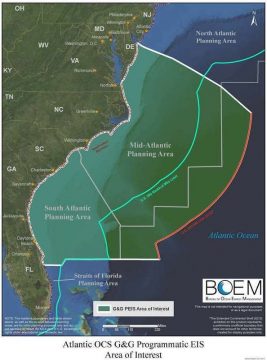 President Trump recently proclaimed that his administration is seeking “American energy dominance.” The reality is we’re already there. The United States produces more natural gas and oil than any other nation. We do import about 25% of our oil needs mostly from Canada and Mexico. However, that’s only because we export about one million gallons a week of the type of domestically produced oil we don’t want. The U.S. is beholding to no other country for our energy security.,,, The government estimates that up to 138,000 whales and dolphins could be injured or harassed if seismic airgun blasting was allowed in the Atlantic.,,, The government doesn’t even try to estimate the number of fish and invertebrates killed or harassed due to seismic airgun blasting. Ironically, in spite of its name the federal agency that approves applications for seismic testing, the National Marine Fisheries Service, requires absolutely no procedures to reduce the destructive impact of airguns on fish and invertebrates like squid. click here to read the op-ed 08:15
President Trump recently proclaimed that his administration is seeking “American energy dominance.” The reality is we’re already there. The United States produces more natural gas and oil than any other nation. We do import about 25% of our oil needs mostly from Canada and Mexico. However, that’s only because we export about one million gallons a week of the type of domestically produced oil we don’t want. The U.S. is beholding to no other country for our energy security.,,, The government estimates that up to 138,000 whales and dolphins could be injured or harassed if seismic airgun blasting was allowed in the Atlantic.,,, The government doesn’t even try to estimate the number of fish and invertebrates killed or harassed due to seismic airgun blasting. Ironically, in spite of its name the federal agency that approves applications for seismic testing, the National Marine Fisheries Service, requires absolutely no procedures to reduce the destructive impact of airguns on fish and invertebrates like squid. click here to read the op-ed 08:15
Offshore drilling opponents re-gear for new round of battles
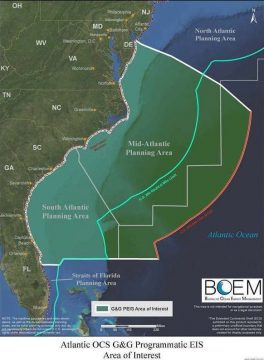 A little more than a month after seismic blast testing for oil and natural gas was stopped offshore of South Carolina, exploration companies are gearing up for a new try. A dozen anti-drilling advocates met Tuesday in Charleston to discuss expanding the opposition. They may look inland for more support in the vein of the massive coastal protest that in 2016 helped derail plans for testing and drilling. Frank Knapp, founder of the anti-drilling Business Alliance for Protecting the Atlantic Coast, said he has heard the exploration industry is planning to approach the federal Bureau of Ocean Energy Management about reversing a testing permit denial adopted during the last days of the Obama administration. Knapp’s group represents more than 35,000 businesses and 500,000 commercial fishing families from Maine to Florida. Continue reading the story here 17:58
A little more than a month after seismic blast testing for oil and natural gas was stopped offshore of South Carolina, exploration companies are gearing up for a new try. A dozen anti-drilling advocates met Tuesday in Charleston to discuss expanding the opposition. They may look inland for more support in the vein of the massive coastal protest that in 2016 helped derail plans for testing and drilling. Frank Knapp, founder of the anti-drilling Business Alliance for Protecting the Atlantic Coast, said he has heard the exploration industry is planning to approach the federal Bureau of Ocean Energy Management about reversing a testing permit denial adopted during the last days of the Obama administration. Knapp’s group represents more than 35,000 businesses and 500,000 commercial fishing families from Maine to Florida. Continue reading the story here 17:58



































